Community Mushroom Educator Network
Cultures around the world have long valued mushrooms as a vital source of nutrition and healing for centuries. Mushrooms are grown and foreages for food, medicine, and materials, and can be powerful healing elements for people and their environments.
This project was initially supported with funding from USDA-SARE and USDA-AFRI, which supported a three year partnership between Cornell Cooperative Extension Harvest NY, the Cornell Small Farms Program, and Farm School NYC to develop the curriculum and training.
Our vision is to build a cohort of educators from urban and rural centers to increase access to mushroom knowledge in diverse communities around the US.
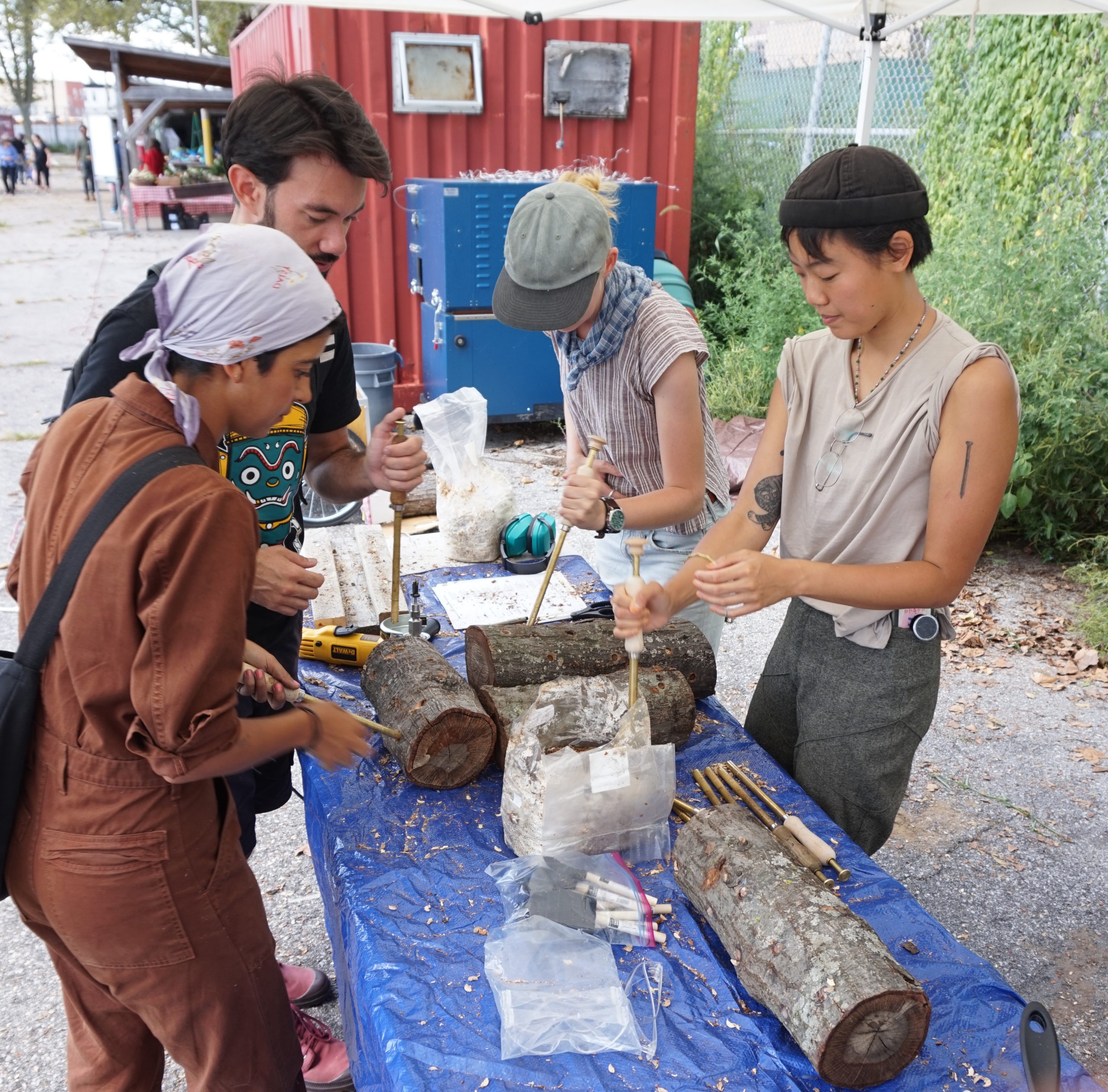
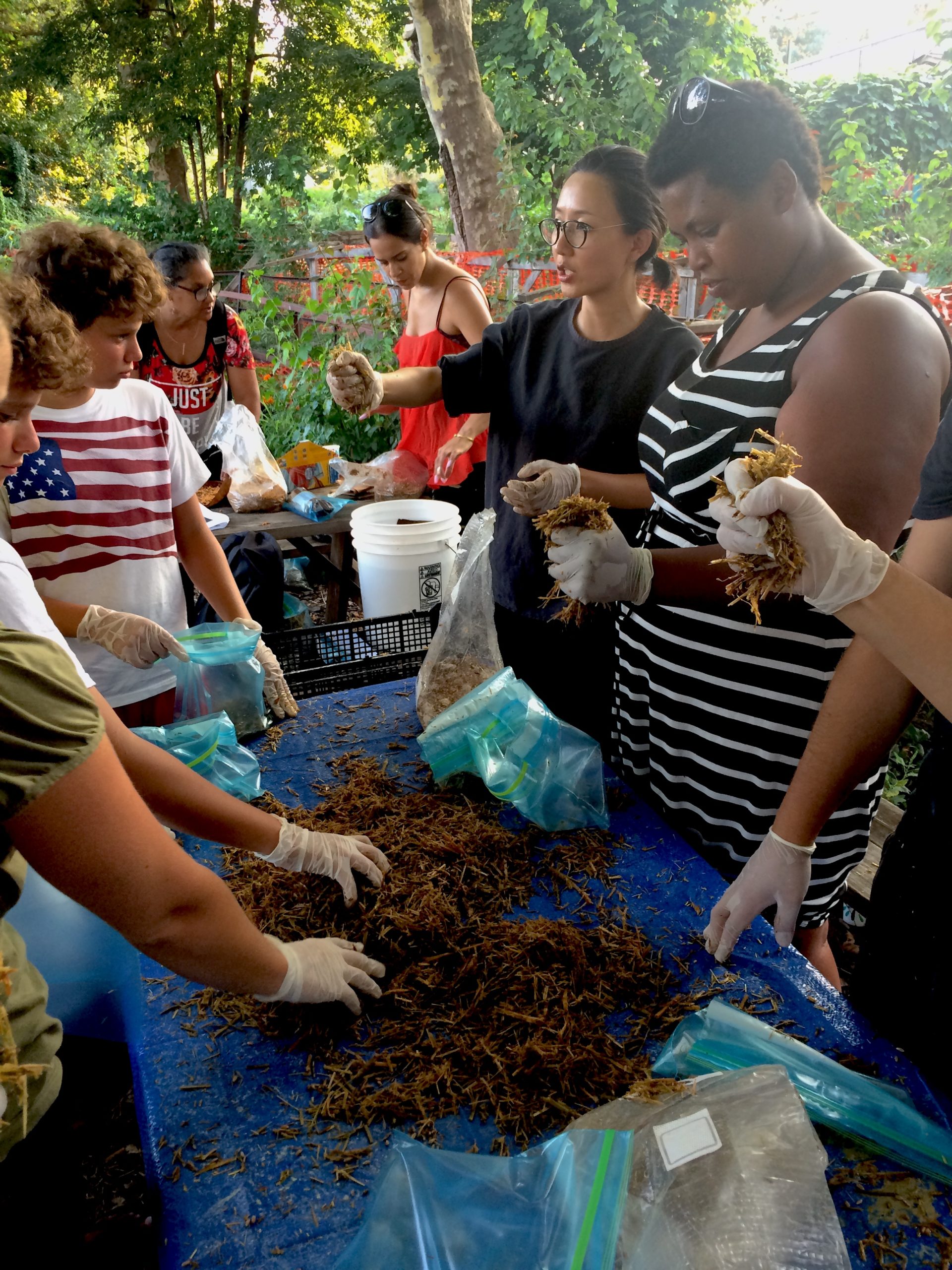
Community Mushroom Educators:
- Live and grow in both rural and urban locations
- Are committed to community-based education models
- Engage with community organizations, farms, and community gardens
- Speak multiple languages and can offer bi-lingual trainings, especially Spanish
- Work for farming non-profits supporting women, refugee, and BIPOC farmers
- Are enthusiastic about growing mushrooms, and excited to share with others!
What do CMEs learn? How do I get involved?
Community Mushroom Educator Virtual Training 2023
March 7 - April 11, 2023
with Marina Delgado, Amanda Heidel, Sneha Ganguly, and Leigh Ollman
Webinars are Tuesday evenings, 6- 8pm
This online training is open to staff and volunteers affiliated with educational and community based organizations that are committed to sharing knowledge that increases mushroom literacy and to promote safe, standard and ethical mushroom practices. A certificate is achieved through completion of the coursework, the planning and delivery of a facilitated event, and through active participation in the CME network.
There is a short application process for new folks to learn about the populations you intend to serve and to help us better get to know your background and intentions for taking the training. Depending on the number of applications, our educator team will choose a cohort that balances community impact and the ability to commit to active participation in the training. Applicants are encouraged to provide as much detail as possible in their response, to help us better understand you. We do our best to include as many participants as possible and limit class size to ensure we can effectively facilitate.
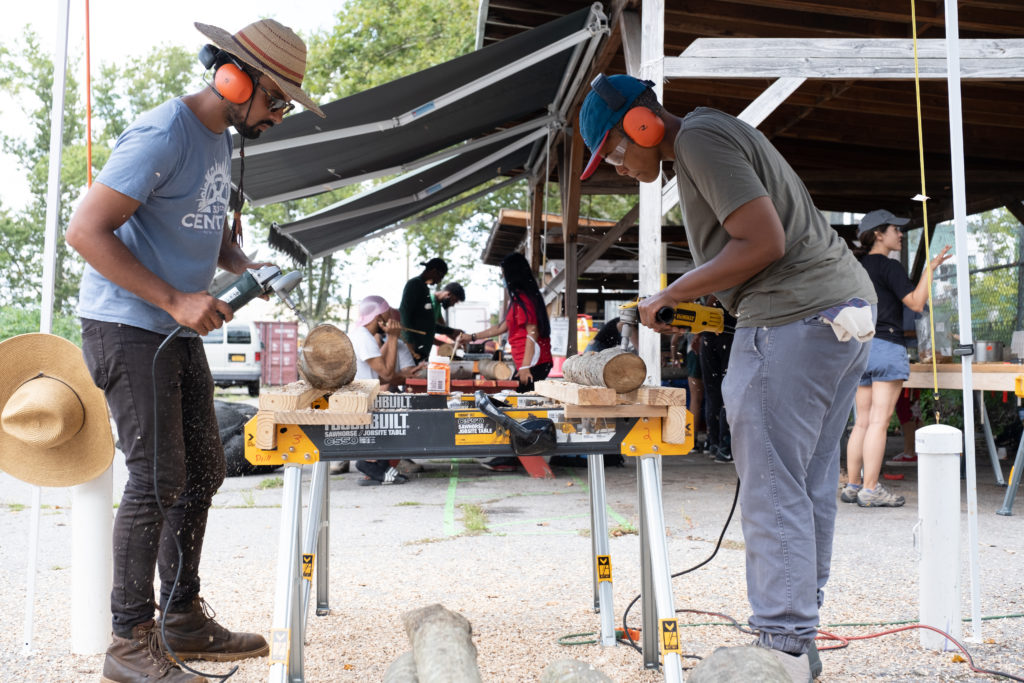
Download our Free 'How to Grow Mushrooms" Curriculum
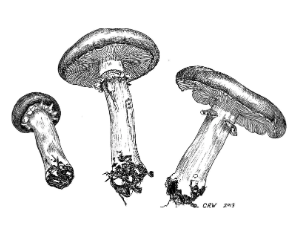
DOWNLOAD ZIP FOLDER OF DOCUMENTS
(you must download to your own computer or google drive)
You are welcome to adapt and use the materials as it is helpful to your educational goals. Please give credit to the Community Mushroom Educator Program that was originally conceived and developed through a partnership with the Cornell Small Farms Program, CCE Harvest New York, and Farm School NYC.
LAST UPDATED: 1.31.2023
In 2021, CMEs Inoculate Hundreds of Logs For NYC Urban Ag Projects
In the Summer of 2021, mushroom logs connected the upstream forests of New York state with the residents of the city engaged in urban agriculture. These logs were harvested in the Catskill mountains and sailed 90 miles down the Hudson River using a carbon-neutral sail-freight ship, the Schooner Apollonia.
From the original pick-up in Kingston to delivery in Red Hook, Brooklyn and inoculation at the Red Hook Community Farm, hundreds of individuals were involved in making this event a success, with close to 300 logs being distributed to 12 different urban ag projects in New York City.
This event is just one example of the type of collaborative, intersecting efforts the Community Mushroom Educator Network aims to facilitate. As we share knowledge, community connections, resources, and ideas, the collective benefits of mushrooms can be better realized by more people in a wide range of communities.
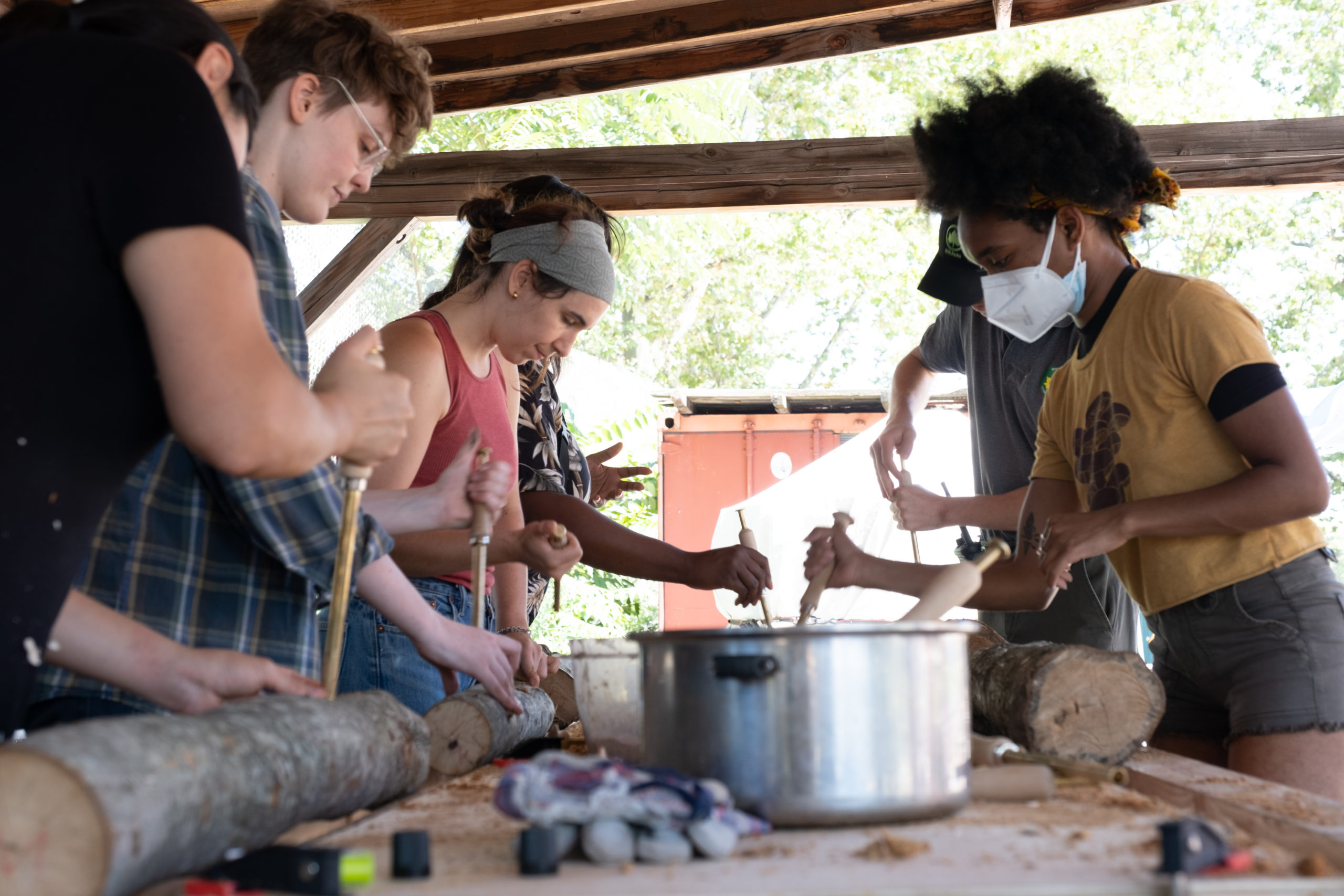
Current Community Mushroom Educators
Each educator below has completed the online training and delivers events in their community around mushrooms. They have provided any relevant info below if you wish to contact them:
Cecilia De La Fuente, NYC, www.cosmoplantitas.com
Marina Delgado, NYC, BioBus, https://www.biobus.org
Sneha Ganguly, NYC, @Kali_mushrooms
Amanda Heidel, NY Mushroom Shed, www.mushroomshed.us
Jie Jin, CuriousSeed, NYC www.curiouseed.com
Renee Keitt, NYC Kelly St Garden + New Roots Farm
Leigh Ollman, NY
Aysha Venjara, Falaha Center for Spiritual Agriculture, www.falahacenter.org
Erinn White, NYC Parks GreenThumb, https://greenthumb.nycgovparks.org/staff_list.html
Sam Haab, Charleston SC, Charleston Parks Conservancy, www.charlestonparksconservancy.org/conservancy
Rhys Bethke, Queens NYC, New York Restoration Project, @rhys_grows_food
Connie Walker, Erie PA, Black and Green, www. LivingBlackandGreen.com, #livingblackandgreen, intro/cultivation/ mushroom gardening/ integration of Mushrooms, English
Eve Bratman, Philadelphia and Lancaster, PA, Franklin & Marshall College and Lancaster Composting Co-Ops, www.evebratman.com, www.LancasterCompost.us, @LancasterCompost, basic intro / cultivation, English, Portuguese
Deana Tempest, North Scituate, RI, Bide-A-While Farm&Forest, https://www.rhodeislandmycologicalsociety.org, basic intro/outdoor cultivation/ mushroom ID/ fungi conservation/documentation & mycological inventory/ community outreach & guided walks
Mary Jo Lane, Rochester, NY - Monroe and Steuben County. MJ Creative Gardens, basic intro/cultivation/home and garden mushroom growing. Educate the educator. Adult and children's' mushroom classes. Herbal and mushroom identification and foraging techniques.
Shephali Patel, Washington and Oregon, mycology basics, soil health, compost, integrated mushroom agroecology, restoration mycology, participatory mushroom education
Chloe Drew, Western PA, Indiana Outdoor School, indianaoutdoorschool.weebly.com, @indianaoutdoorschool, intro/outdoor cultivation, English
Robert "RJ" Testa, New Ringgold PA, Bella Terra Farm, @bellaterrafarmrj @bellaterrafarmpa, mushroom cultivation
Carlos Miguel Espinal, Queens NY, 100th Seed, @100thseed
Adrienne Wagner, Central IN, Middle West Mushroom
Katharhy F., NY and Ecuador, K'allam'p, www.kallamp.org, Facebook @K'ALLAM'P, Instagram #runanomics, Spanish, Portuguese, Andes, and Amazon Kichwa/Quechua
Nathalie Flo, Bronx NY, Farm School NYC, Herbalism, spirituality + earthwork
Ciara Sidell, Randall's Island Park Alliance (Urban Farm), @ciarasi
Clay Hurand, Asheville, NC, Instagram: @clay.hrn, Cultivation 101, sterile technique 101, starting a mushroom farm, how to approach sales, English
Zach Strein, Brooklyn NY, Wyckoff House Museum, garden@wyckoffmuseum.org
Kyla Lang, Delaware County PA, basic intro/intro with children/cultivation
Tiffany Fomby, New Haven, CT, @lavenderandsageflow, English
Lori Koenick, Rochester NY, CCE-Cornell Vegetable Program, lbk75@cornell.edu, mycology basics/indoor and outdoor cultivation, English
Amanda Everich, Bronx NY (Wappinger Munsee Lenape Land), amandaeverich.com, @amandapoints
Melissa Shilling, Long Beach, CA, Puente Latino Association, melissa8079_, basic information, garden mushroom growing, home mushroom production and mushrooms tinctures and cooking, English
This project is a collaboration between:
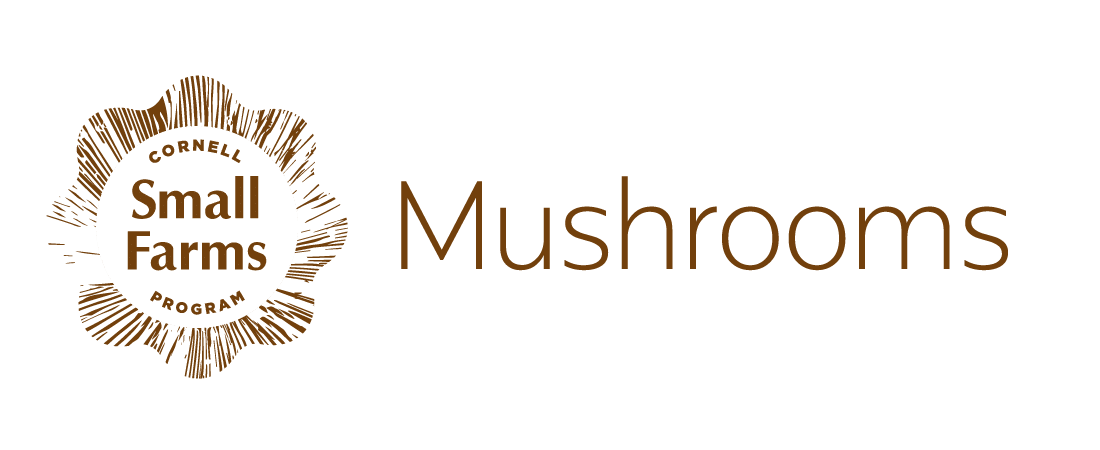
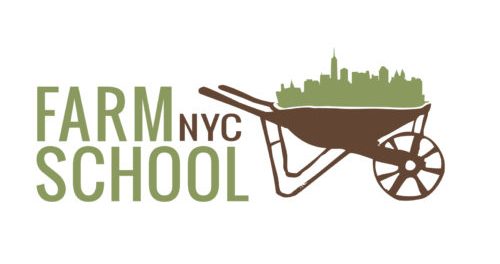
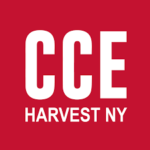
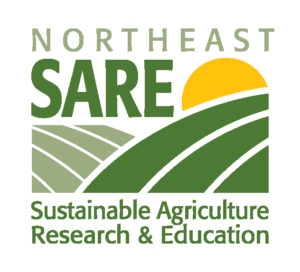
This material is based upon work supported by the National Institute of Food and Agriculture, U.S. Department of Agriculture and the Northeast Sustainable Agriculture Research and Education program under sub award number ENE19-156-33243.

